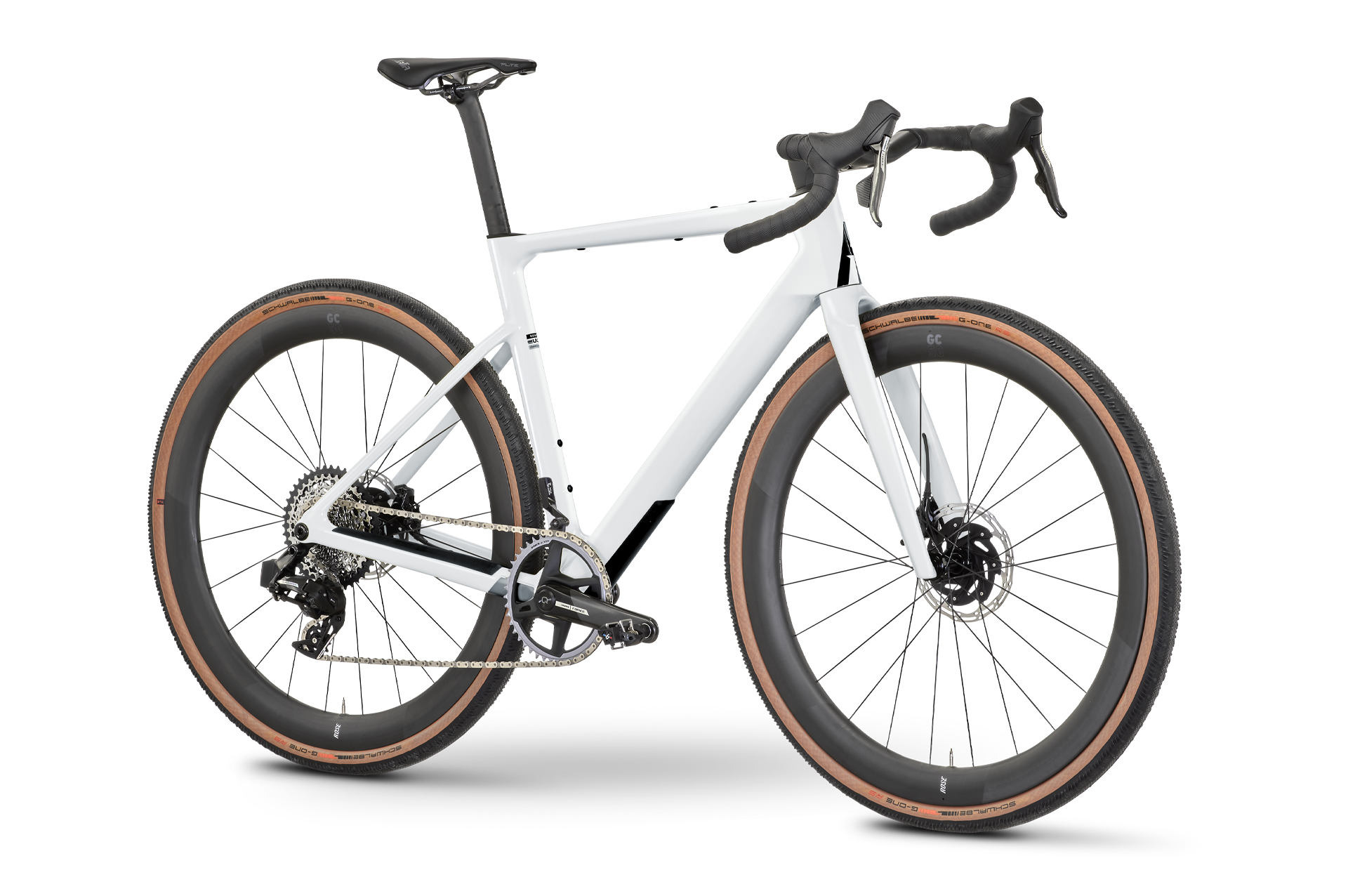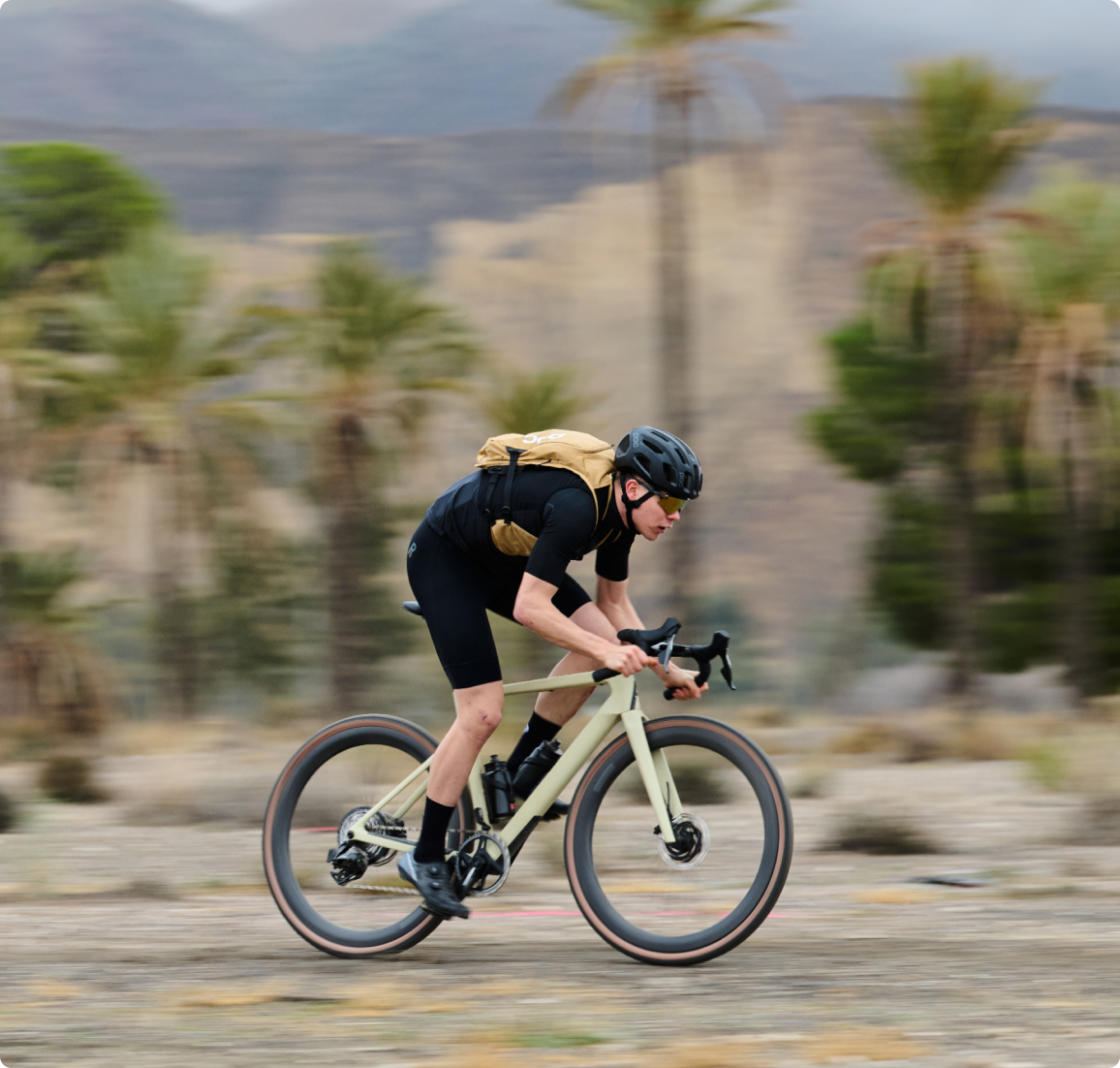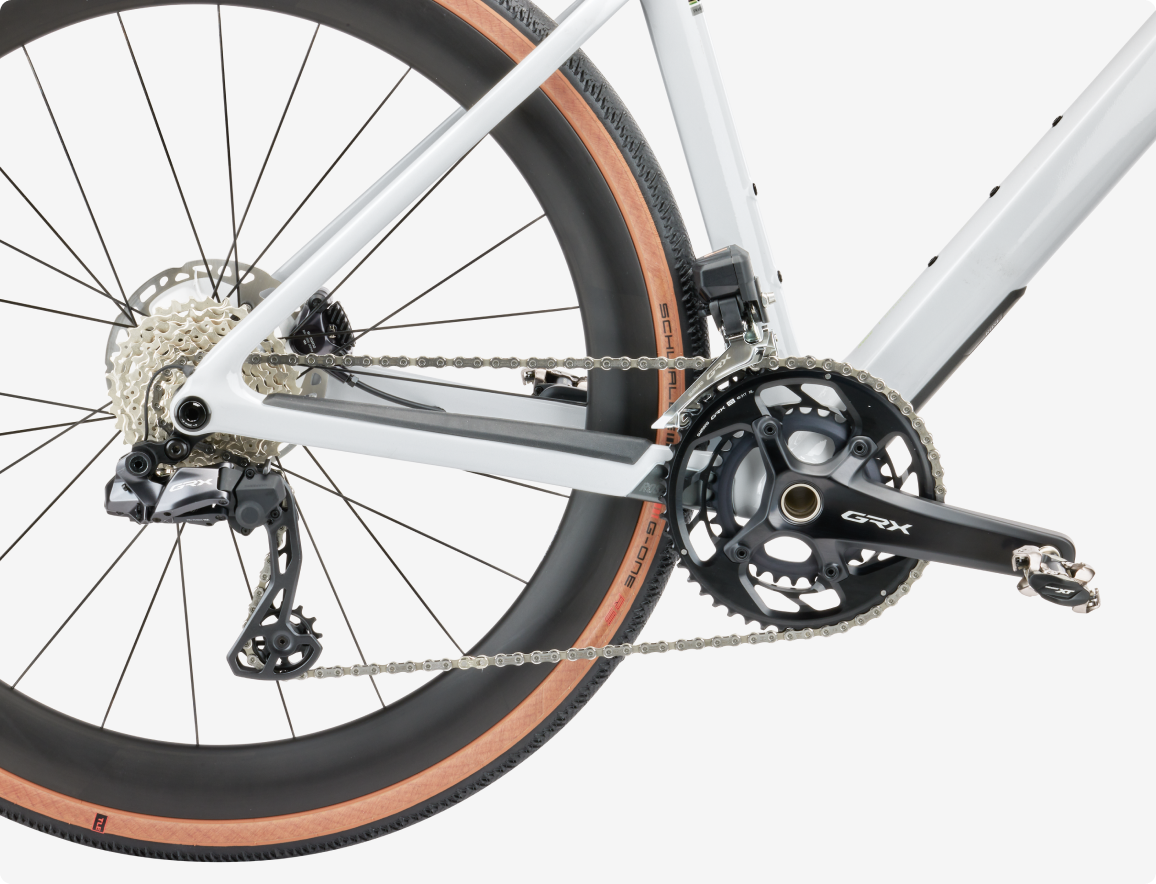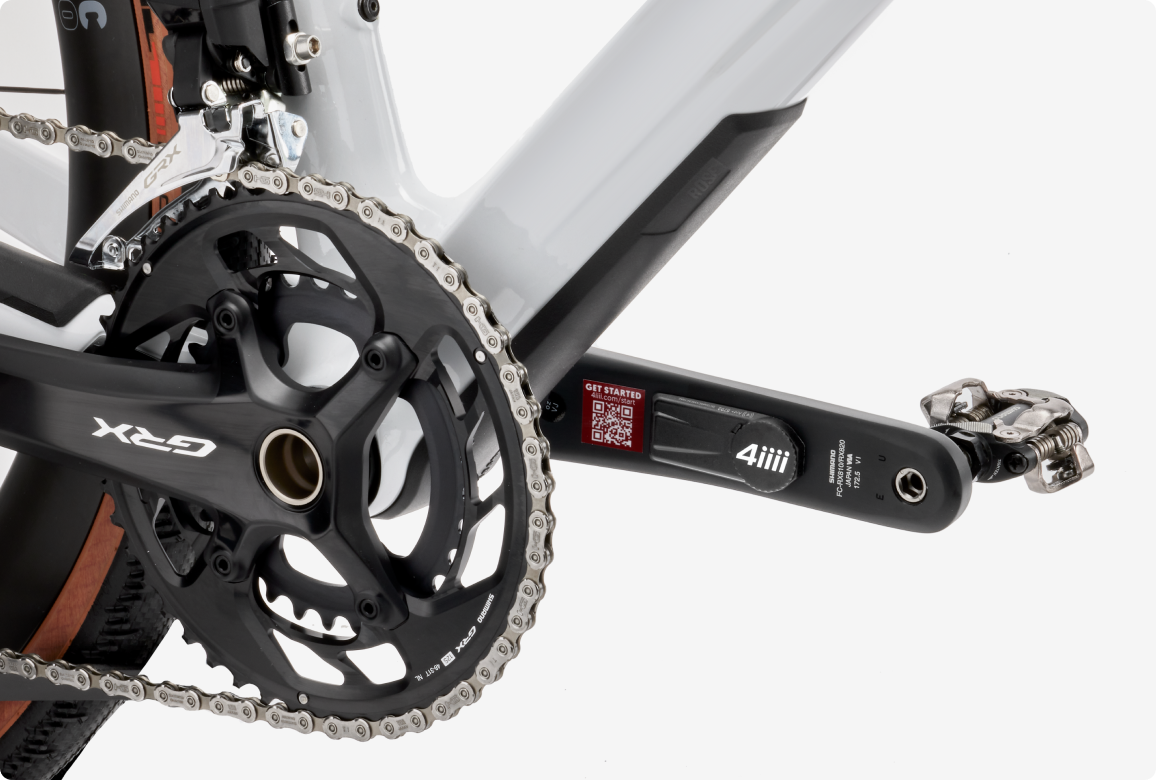Race
Race
Consultation
Do you need help?
Race Gravel Bike Buyer’s Guide
FAQs
Is a gravel race bike suitable for beginners?
That depends on what you intend to do with your bike. If you are looking for a road bike for off-road riding, a gravel racer is perfect. If you are looking for a fast touring bike for off-road adventures, you should also consider an adventure gravel bike. If you don’t have any experience with a drop bar and have only ridden bikes with a very upright riding position, it is definitely worth taking a test ride.
Is a gravel race bike also suitable for touring?
With a gravel race bike like the Backroad FF, you can of course also go on bike tours. However, the riding position is designed towards efficiency rather than comfort. Depending on how sporty or relaxed your touring style is, a gravel bike from the adventure category may be more suitable if you intend to use it for touring mostly.
Can I mount bikepacking bags on the Backroad FF?
A frame bag and a top tube bag are available for the Backroad FF. In general, you can also fit additional bags. The maximum system weight, consisting of bike weight plus load (rider and luggage) is 120 kg. However, an adventure gravel bike offers more mounting points and a geometry that is more suitable for touring.
Can I fit mudguards and luggage racks to the Backroad FF?
The Backroad FF has no corresponding mounting points. If you want to fit mudguards or luggage racks, you have to use strap systems that are also suitable for carbon frames.
What are the advantages of the chainguide?
Hard, unexpected shocks under load can cause the chain to drop despite single chainrings with a narrow-wide profile. Since such shocks are not uncommon in gravel races, we have installed a chainguide on the Backroad FF, which limits the chain's clearance and thus prevents it from dropping.
Does it make sense to convert to tubeless?
Tubeless systems offer higher puncture protection as well as the advantage of lower weight and rolling resistance. You can also ride the tyres with less air pressure, which increases grip and comfort. Tubeless has therefore long since established itself in gravel racing.
Is the Backroad FF tubeless ready?
All Backroad FF models have tubeless ready rims and tyres. Tubeless rim tape is also fitted. Depending on the model, you may need tubeless valves in addition to tubeless sealant.
How can I view the performance metrics from the power meter?
You need a compatible bike computer, a sports watch with a power display or your smartphone to view your wattage values. Both Quarq and 4iiii power meters are compatible with Dual Band and can be connected to compatible apps or end devices via ANT+ or Bluetooth.
Can I order two sizes to choose from in the store?
If you are unsure about the size, it is best to book a consultation appointment with a test ride. We will then order the desired size for later collection from the store.
Can I test ride a bike without an appointment?
Yes, that’s generally possible. In this case, however, you should expect some waiting time and preferably visit us during the week, with sufficient time until closing time.
)
)
)
)